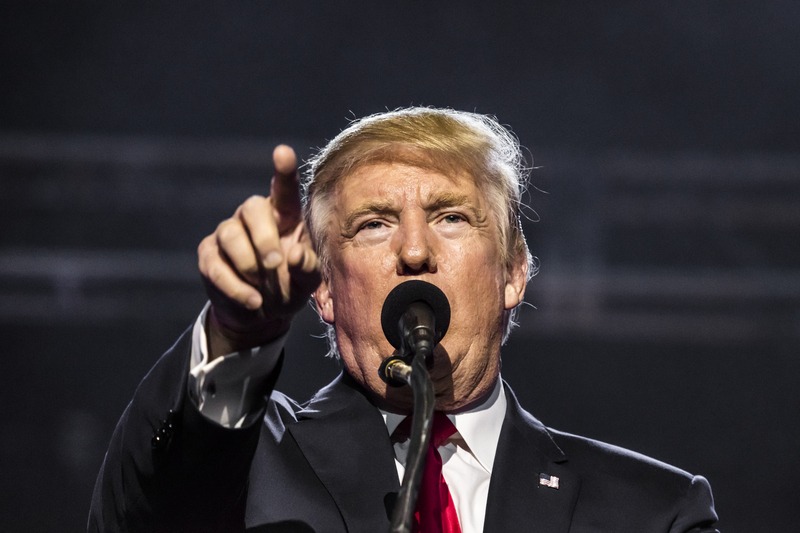President-elect Donald Trump has nominated Dr. Jay Bhattacharya, a Stanford University professor known for criticizing COVID-19 lockdowns, to lead the National Institutes of Health (NIH). This decision aligns with Trump’s appointing figures who challenge established health policies.
Dr. Bhattacharya, 56, a physician and economist, gained prominence in 2020 as a co-author of the Great Barrington Declaration. The declaration advocated for lifting lockdowns and pursuing herd immunity by allowing the virus to spread among less vulnerable populations while protecting those at higher risk.
This approach was heavily criticized by public health experts, including World Health Organization Director-General Tedros Adhanom Ghebreyesus, who deemed it “scientifically and ethically problematic.”
During the pandemic, Dr. Bhattacharya encountered censorship due to his controversial views. In December 2022, internal documents revealed that Twitter had placed him on a “Trends Blacklist,” preventing his tweets from appearing in trending topics. This action coincided with his advocacy for the Great Barrington Declaration’s herd immunity proposal. Reflecting on this experience, Dr. Bhattacharya stated, “Big tech outlets like Facebook and Google suppressed our ideas, falsely deeming them ‘misinformation.'”
In response to his nomination, Dr. Bhattacharya expressed his commitment to reforming the NIH, stating, “We will reform American scientific institutions so that they are worthy of trust again and will deploy the fruits of excellent science to make America healthy again!”
The NIH employs approximately 20,000 individuals across 27 institutes and centers and manages an annual budget of nearly $50 billion dedicated to medical research. Dr. Bhattacharya’s nomination is subject to Senate confirmation, where a Republican majority is anticipated.
This appointment is part of a broader trend in the incoming administration, which includes the selection of Robert F. Kennedy Jr., a known vaccine skeptic, as Secretary of Health and Human Services. These choices suggest a significant shift in the leadership of key health agencies, potentially impacting the direction of U.S. health policy in the coming years.
Dr. Bhattacharya’s nomination has sparked debate within the scientific community, with some expressing concern over his previous positions on pandemic management and their implications for future public health strategies. As the confirmation process unfolds, stakeholders will closely monitor how his leadership might influence the NIH’s role in addressing the nation’s health challenges.











